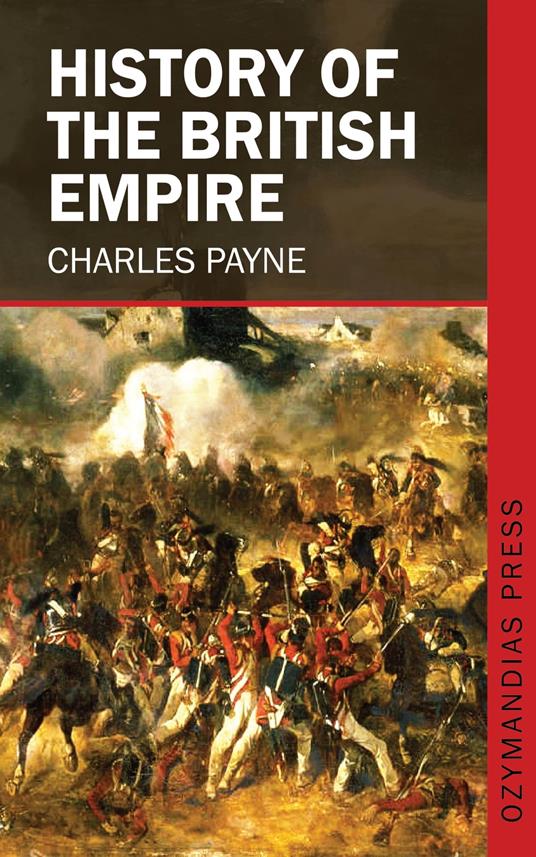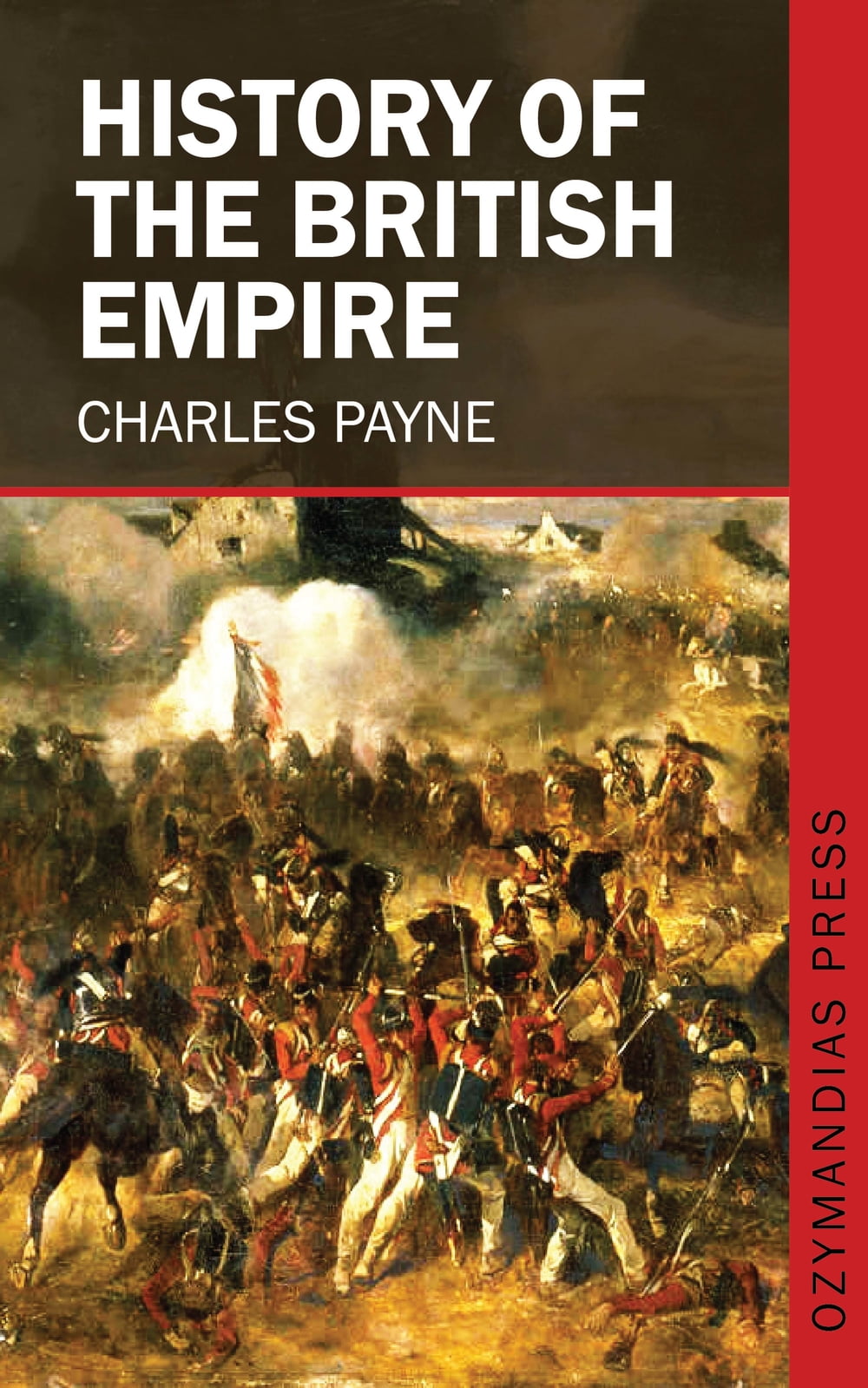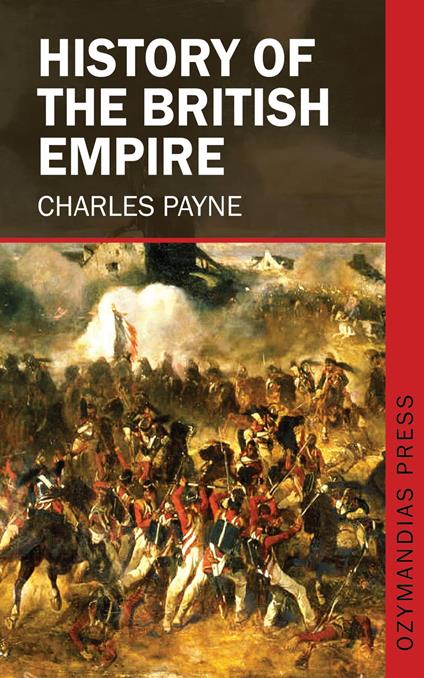History of the British Empire
Twice since the Norman Conquest has the little country of England been the center of an empire: once when Henry II of England was at the same time master of half France; and now again when the Union Jack or the red ensign flies over cities and continents of which Henry Plantagenet never dreamed. Yet to use the same word to describe both of these empires seems unfortunate. Indeed, the use of the word "empire" is questionable in either case, only to be sanctioned because we seem to have no other word that will quite answer the purpose. For "empire" is a Roman word. Its use seems to imply in some way absolute power, the centralization which was so fundamentally characteristic of Rome. Yet the feudal empire of Henry II, so far from being centralized, was a mere bundle of separate lordships, thrown together by the accidents of conquest, marriage, and divorce. It was dashed to pieces in the reign of John, built again by Edward III, torn apart once more in the latter years of the fourteenth century, put together in a structure of surpassing glory by Henry V, and finally destroyed in the reign of his son. Through it all, for these three hundred years, England's own well-being and growth were something entirely apart from her connection with these other possessions of her king; the bond that united them had no root in national life. It was not the genius of Englishmen that built up the feudal empire; it was feudal custom and the ability of half a dozen men to whom the English tongue was an abomination. To the Norman kings England was a mere appendage to their continental domains, valued only for her money and her archers. England’s influence was not materially extended by the power of her rulers; she was rather influenced by France than France by England. So that from the landing of the Jutes in 449 until the close of the Hundred Years’ War in 1453, and of the Wars of the Roses in 1485, England was simply England, not even Great Britain, with no political interest outside her borders except a feudal and dynastic interest which affected only a foreign king and his military aristocracy. Her trade was largely local, across the narrow seas. Her seamen were many and daring, it is true, but from the political point of view they were in the background. The sea-power and imperial ambitions of Venice and Genoa in the south, of the Hanseatic League in the north, stirred as yet neither jealousy nor emulation in the bosoms of the slow-moving islanders...
-
Autore:
-
Anno edizione:2018
-
Editore:
-
Formato:
-
Lingua:Inglese
Formato:
Gli eBook venduti da Feltrinelli.it sono in formato ePub e possono essere protetti da Adobe DRM. In caso di download di un file protetto da DRM si otterrà un file in formato .acs, (Adobe Content Server Message), che dovrà essere aperto tramite Adobe Digital Editions e autorizzato tramite un account Adobe, prima di poter essere letto su pc o trasferito su dispositivi compatibili.
Cloud:
Gli eBook venduti da Feltrinelli.it sono sincronizzati automaticamente su tutti i client di lettura Kobo successivamente all’acquisto. Grazie al Cloud Kobo i progressi di lettura, le note, le evidenziazioni vengono salvati e sincronizzati automaticamente su tutti i dispositivi e le APP di lettura Kobo utilizzati per la lettura.
Clicca qui per sapere come scaricare gli ebook utilizzando un pc con sistema operativo Windows



